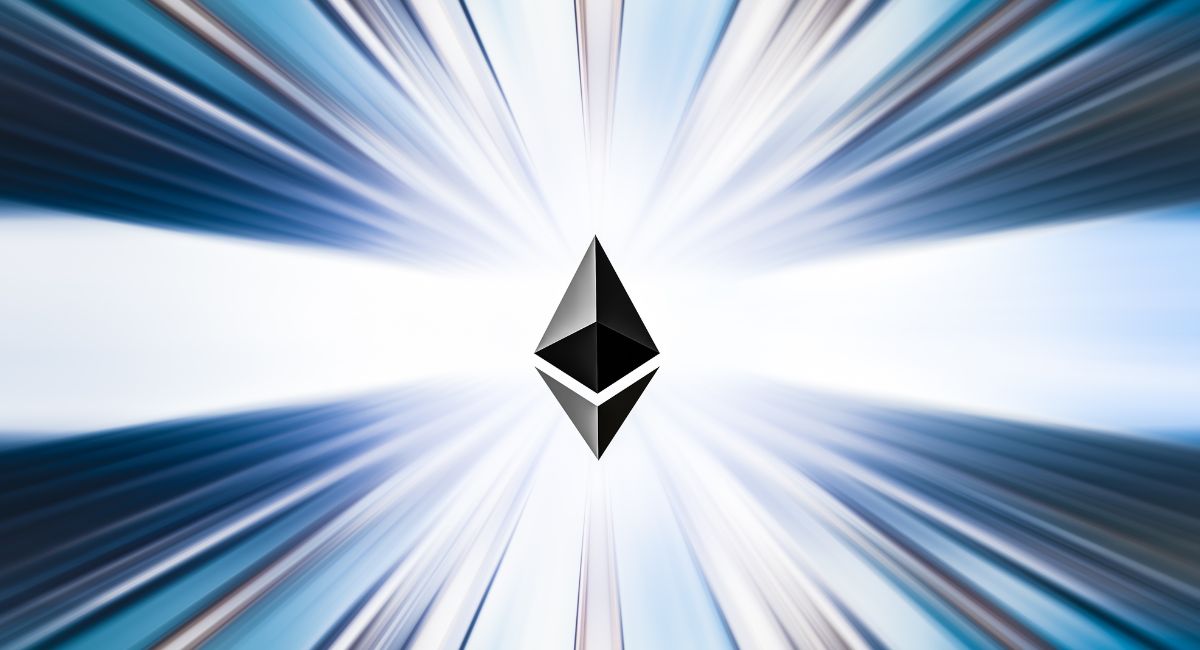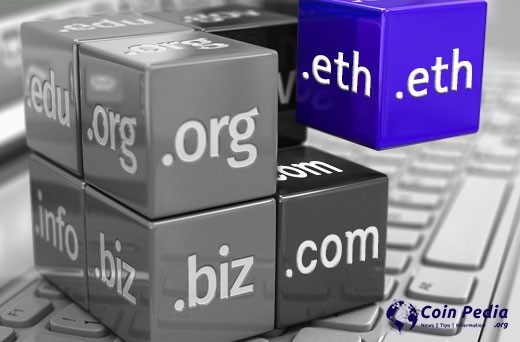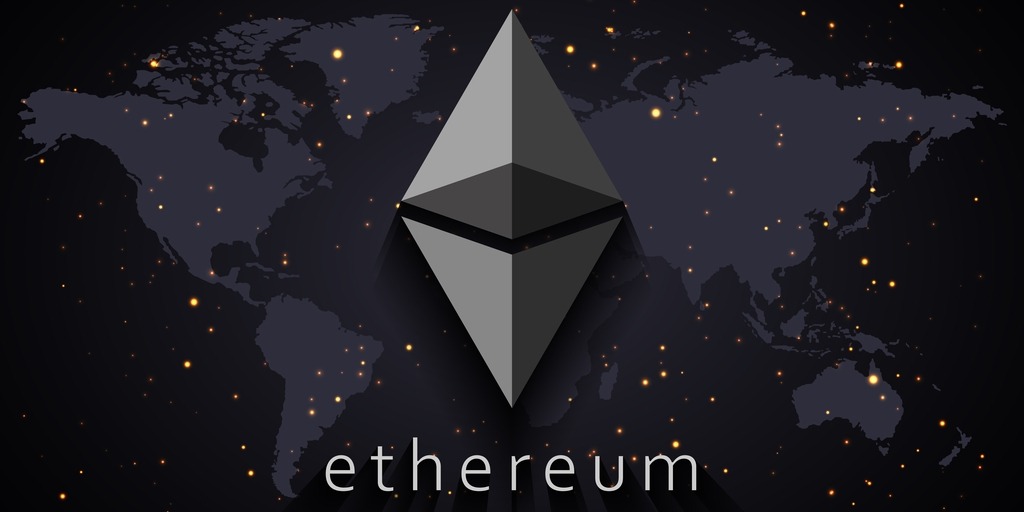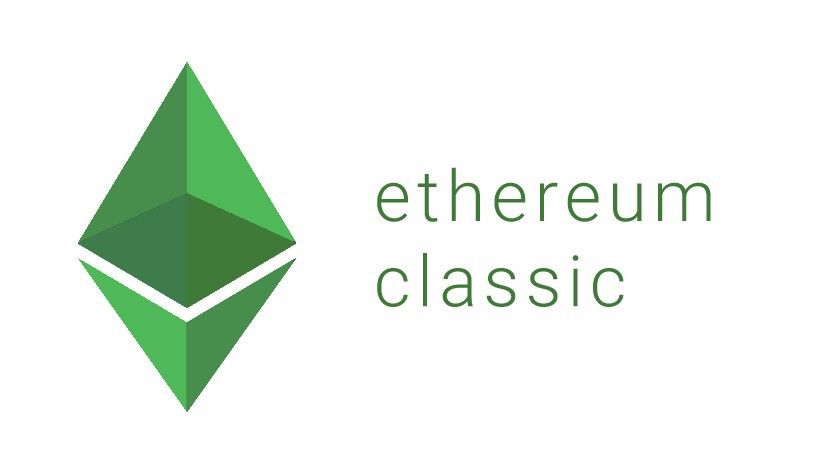How To Build On Ethereum: Top 10 Best Tools And Resources
“How to Build on Ethereum” refers to developing decentralized applications (dApps) and smart contracts using the Ethereum blockchain platform. Building on Ethereum involves writing and deploying smart contracts that can be executed on the Ethereum virtual machine and developing frontend applications that interact with these smart contracts.
To build on Ethereum, developers must have a strong understanding of Solidity, the programming language used to write smart contracts, as well as the various tools and resources available for building on Ethereum. This includes development frameworks, testing tools, deployment tools, and libraries like Truffle, Remix, Ganache, Web3.js, and Ether.js.
Building on Ethereum also requires understanding blockchain technology and its underlying principles, such as decentralization, immutability, and consensus. Developers must ensure that their smart contracts and dApps are secure, scalable, and efficient, and they must be able to navigate the complexities of deploying and interacting with smart contracts on the Ethereum blockchain.
I am excited to share news of our Series D fundraise. https://t.co/SZP36mgBfl
— Joseph Lubin (@ethereumJoseph) March 15, 2022
Overall, building on Ethereum requires a combination of technical expertise, creativity, and a deep understanding of the potential of blockchain technology. With the right tools and resources, developers can unlock the full potential of Ethereum and build decentralized applications that can change the world.
Ethereum is a decentralized, open-source blockchain platform that allows developers to build decentralized applications (dApps) and smart contracts. Since its launch in 2015, Ethereum has become one of the most popular blockchain platforms for building decentralized applications. If you are interested to know how to build on Ethereum, a variety of tools and resources are available to help you get started.
Let’s explore the top 10 best tools and resources available to understand how to build on Ethereum.
Solidity Programming Language
Solidity is a high-level programming language used to write smart contracts on the Ethereum blockchain. It is the most popular programming language for developing on Ethereum and has a syntax similar to that of JavaScript. Solidity is used to create smart contracts that execute automatically when certain conditions are met. This programming language is essential for building on Ethereum and is a must-learn for any developer interested in developing decentralized applications.
Remix IDE
Remix IDE is a browser-based integrated development environment (IDE) used for writing, testing, and debugging smart contracts in Solidity. It is an easy-to-use platform that allows developers to compile and deploy smart contracts directly from the browser. Remix IDE also provides a variety of debugging tools, making it an essential tool for any developer building on Ethereum.
Truffle Suite
Truffle Suite is a popular development framework for building decentralized applications on Ethereum. It provides a suite of tools, including a development environment, a testing framework, and a deployment pipeline for smart contracts. Truffle Suite makes it easy to manage the entire development lifecycle of an Ethereum project, from development to deployment.
Ganache
Ganache is a personal blockchain for Ethereum development that allows developers to test and deploy smart contracts on a local blockchain. It is a great tool for testing smart contracts and allows developers to simulate a real Ethereum network without the need for an actual network. Ganache also provides a variety of debugging tools, making it an essential tool for any developer building on Ethereum.
Web3.js
Web3.js is a JavaScript library used to interact with the Ethereum blockchain. It provides a variety of functions that allow developers to interact with smart contracts, send and receive Ether, and more. Web3.js is essential for building decentralized applications that interact with the Ethereum blockchain.
OpenZeppelin
OpenZeppelin is a library of smart contracts and tools for building decentralized applications on Ethereum. It provides a variety of pre-built smart contracts for common use cases, such as token contracts and multisig wallets. OpenZeppelin also provides a variety of tools for testing and deploying smart contracts, making it an essential tool for any developer building on Ethereum.
Infura
Infura is a web3 provider that allows developers to connect to the Ethereum network without running a local node. It provides a reliable and scalable infrastructure for building decentralized applications on Ethereum. Infura also provides a variety of tools for monitoring and analyzing the Ethereum network, making it an essential tool for any developer building on Ethereum.
Ethereum Name Service (ENS)
The Ethereum Name Service (ENS) is a decentralized domain name system for the Ethereum blockchain. It allows users to register human-readable domain names, such as myapp.eth, that can be used to access decentralized applications on the Ethereum network. ENS is an essential tool for any developer building decentralized applications on Ethereum.
Ether.js
Ether.js is a TypeScript library used to interact with the Ethereum blockchain. It is a lightweight and easy-to-use library that provides a variety of functions for interacting with smart contracts, sending and receiving Ether, and more. Ether.js is essential for building decentralized applications that interact with the Ethereum blockchain.
Ethereum Improvement Proposals (EIPs)
Ethereum Improvement Proposals (EIPs) are proposals for changes to the Ethereum network. Community members, including developers and researchers, create and submit these proposals. EIPs play a critical role in the development and evolution of the Ethereum network. EIPs are designed to improve the functionality, security, and usability of the Ethereum network.
Also, read – Top 10 Impact Of Ethereum On NFT And The Art World
In conclusion
building on the Ethereum blockchain can seem like a daunting task for those who are new to the world of blockchain development. However, building decentralized applications on Ethereum can be an exciting and rewarding experience with the right tools and resources.
The tools and resources discussed in this article are just a few of the many options available to developers building on Ethereum. Whether you are looking to develop smart contracts, create decentralized applications, or build your own blockchain, these tools and resources will help you get started.
As Ethereum continues to evolve and mature, it is essential for developers to stay up-to-date with the latest tools and technologies. By utilizing these resources, developers can ensure that their applications are secure, efficient, and scalable and can take advantage of the full potential of the Ethereum network.
Building on Ethereum has the potential to revolutionize industries and create new opportunities for developers and entrepreneurs. With the right mindset, skills, and resources, anyone can become a part of this exciting and growing community. So, start exploring the world of Ethereum development today, and see where it can take you!
Stay informed with daily updates from Blockchain Magazine on Google News. Click here to follow us and mark as favorite: [Blockchain Magazine on Google News].
Get Blockchain Insights In Inbox
Stay ahead of the curve with expert analysis and market updates.
latest from tech
Disclaimer: Any post shared by a third-party agency are sponsored and Blockchain Magazine has no views on any such posts. The views and opinions expressed in this post are those of the clients and do not necessarily reflect the official policy or position of Blockchain Magazine. The information provided in this post is for informational purposes only and should not be considered as financial, investment, or professional advice. Blockchain Magazine does not endorse or promote any specific products, services, or companies mentioned in this posts. Readers are encouraged to conduct their own research and consult with a qualified professional before making any financial decisions. The featured image used is just a creative depiction of the title and it does not intend to hurt sentiments of any person or institution. If it hurts anyone sentiments, please do not hesitate to reach out to Blockchain Magazine.

 Bitcoin
Bitcoin  Ethereum
Ethereum  XRP
XRP  Tether
Tether  Solana
Solana  Dogecoin
Dogecoin  USDC
USDC  Cardano
Cardano  Lido Staked Ether
Lido Staked Ether  TRON
TRON  Chainlink
Chainlink  Avalanche
Avalanche  Wrapped stETH
Wrapped stETH  Stellar
Stellar  Wrapped Bitcoin
Wrapped Bitcoin  Sui
Sui  Hedera
Hedera  Toncoin
Toncoin  Shiba Inu
Shiba Inu  WETH
WETH  Polkadot
Polkadot  Parkcoin
Parkcoin  LEO Token
LEO Token  Litecoin
Litecoin  Bitget Token
Bitget Token  Bitcoin Cash
Bitcoin Cash  Uniswap
Uniswap  Official Trump
Official Trump  Hyperliquid
Hyperliquid  Wrapped eETH
Wrapped eETH  Pepe
Pepe  USDS
USDS  NEAR Protocol
NEAR Protocol  Ethena USDe
Ethena USDe  Aave
Aave  Aptos
Aptos  Internet Computer
Internet Computer  Ondo
Ondo  WhiteBIT Coin
WhiteBIT Coin  Ethereum Classic
Ethereum Classic  Monero
Monero  POL (ex-MATIC)
POL (ex-MATIC)  Cronos
Cronos  OKB
OKB  Mantle
Mantle  Dai
Dai  Algorand
Algorand  Render
Render 




